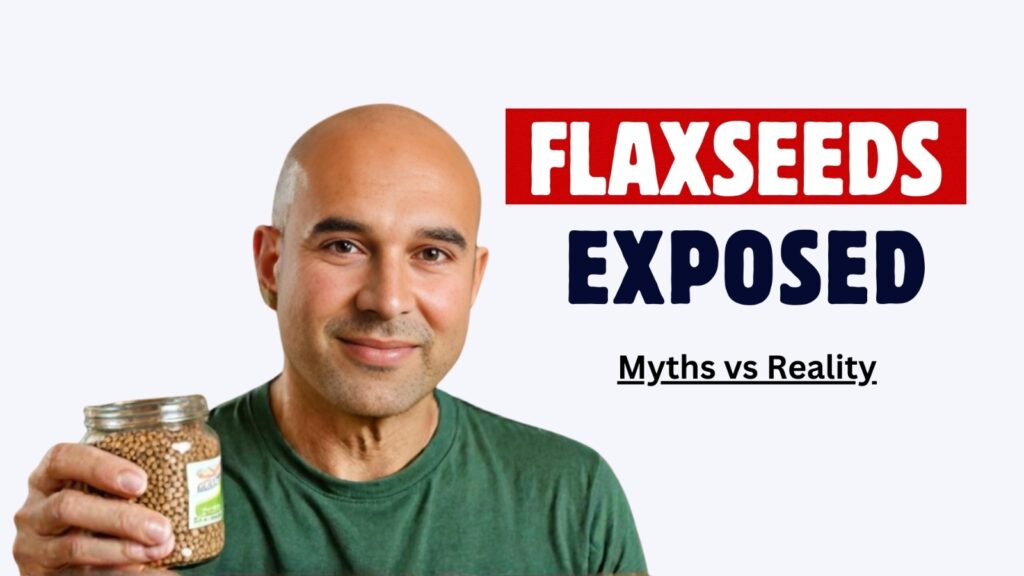Flaxseed is hailed as a superfood by many, but is it truly the health miracle everyone claims it to be? Or could it pose hidden risks for some people? let’s discover the benefits and risks together!
One of the standout benefits of flaxseeds is their impact on heart health. Omega-3s found in flaxseeds are known to reduce blood pressure, lower bad cholesterol levels, and decrease the risk of heart disease.
But flaxseeds aren’t just good for what’s inside—they work wonders on the outside too. Rich in antioxidants and healthy fats, flaxseeds help maintain skin elasticity, combat dryness, and reduce the appearance of fine lines. Your hair can also benefit from the omega-3s, leaving it stronger and shinier.
The high fibre content promotes regular bowel movements and supports gut health. Plus, flaxseeds’ ability to keep you feeling full for longer can aid in weight loss by curbing hunger and reducing cravings.
Flaxseeds are particularly beneficial for women’s health due to their lignan content, which supports hormone balance and can reduce the risk of breast cancer and may help alleviate symptoms of menopause.. But the benefits don’t stop there—lignans are powerful antioxidants that protect against various types of cancer and promote overall wellness.
Flaxseeds are high in fiber, which can be beneficial for most, but if you have digestive issues like irritable bowel syndrome (IBS) or inflammatory bowel disease such as Crohn’s disease and ulcerative colitis, too much fiber can worsen symptoms. Also Those with severe bowel obstructions should stay clear.
Flaxseeds contain phytoestrogens Lignans, which mimic estrogen in the body. If you have hormone-sensitive conditions like breast cancer or endometriosis, consult a health professional before adding flaxseeds to your diet.
Pregnant women should avoid flaxseed due to the hormonal effects and its potential to stimulate the uterus and induce labor. It’s best to talk to your healthcare provider before consuming them during pregnancy or breastfeeding.
Flaxseeds can lower blood pressure and slow blood clotting. It can also interact with medications for blood sugar and hormones. If you are on any medications or have a bleeding disorder, consult with a healthcare professional to ensure that flaxseeds won’t interfere with your treatment.
On one hand, flaxseed is packed with nutrients, including fiber, protein, and those all-important omega-3s. Not to mention, it’s a great vegan alternative to fish oil supplements. However, on the flip side, flaxseed can be a problem for people with certain allergies or sensitivities. If you notice any allergic reactions like itching, swelling, or difficulty breathing after consuming flaxseeds, stop immediately and seek medical attention

